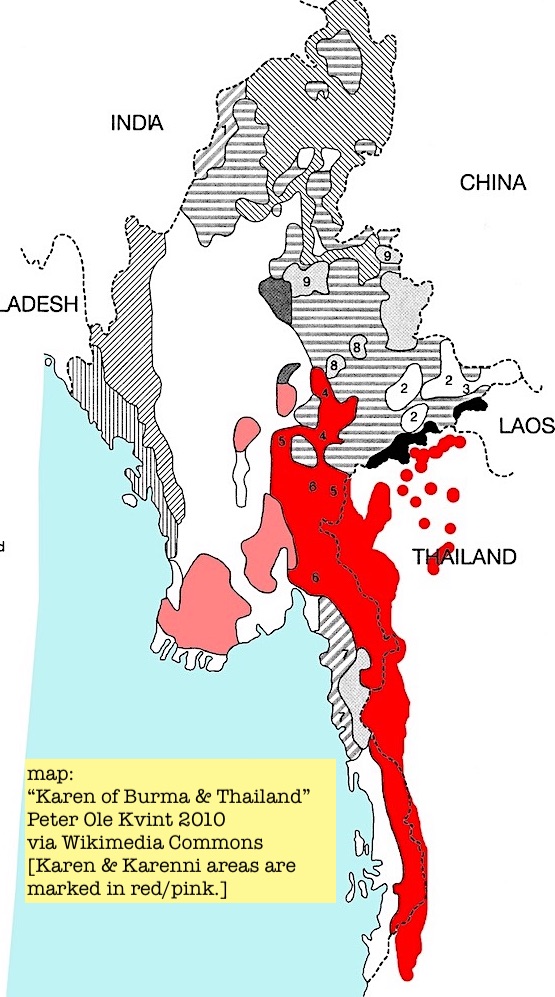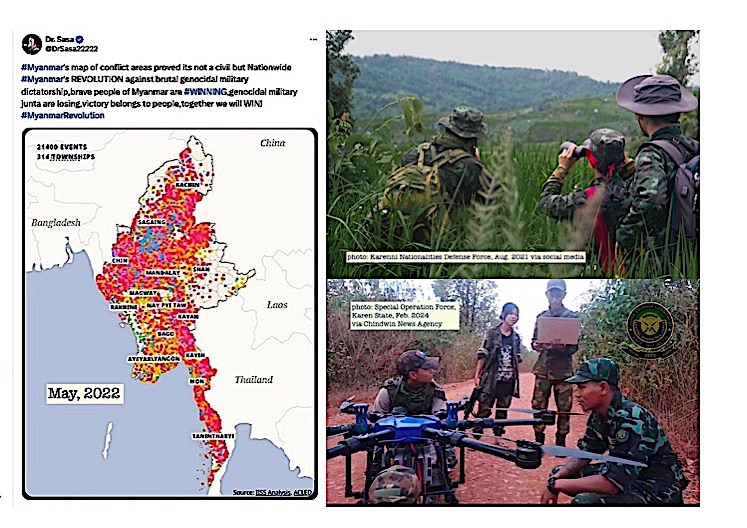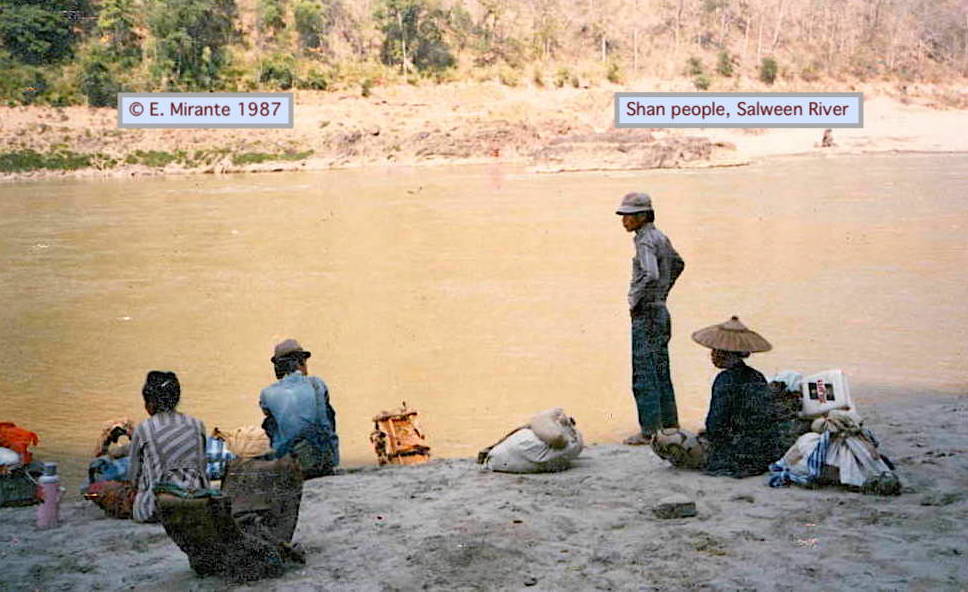1. This History Thread is about Myanmar (Burma) People’s Defense Forces (PDFs) historical & cultural iconography. Designers use visual symbols to express power, pride, heritage for PDFs resisting Feb. 1, 2021 coup regime. Insignia pix via social media. #WhatsHappeningInMyanmar 



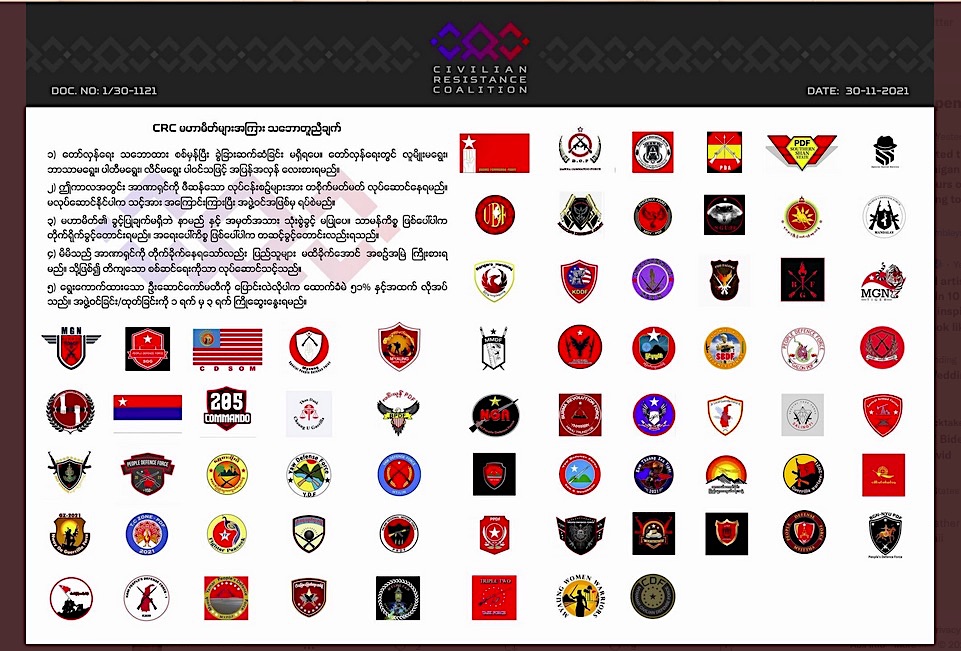

2. In Sagaing Region, Sayar San PDF-4 of YMB (Yin Mar Bin Township) PDFs has a farmer’s hat with crossed swords as symbol & Depayin PDF uses Saya San picture. Saya San was charismatic leader of 1930-32 peasant revolt with sabotage campaign against British colonial rule of Burma. 



3. Magway People’s Struggle Committee, a resistance group supporting PDFs, uses picture of Po Hla Gyi. Known as “the Ogre” he led Burmah Oil Company workers on strike for better pay & conditions 1938-9 which became a national general strike against colonial exploitation. 

4. PDFs based in or around Mandalay use a symbol of city, former royal capitol: Mandalay Palace gate. Built 1850s for King Mindon, Mandalay Palace walls had 12 gates. During colonial rule palace symbolized Burma nationalist aspirations; now used as torture center by coup regime. 


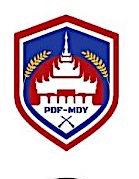
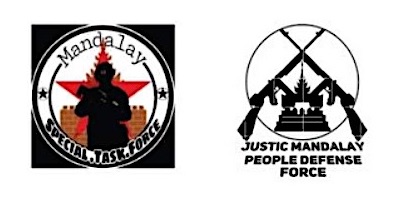
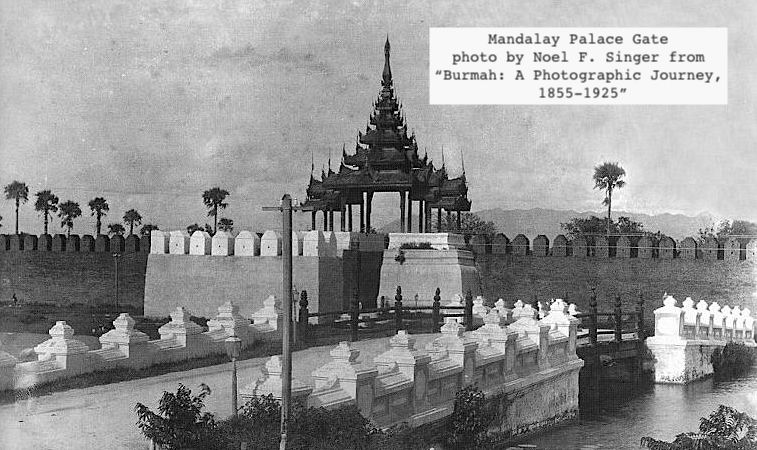
5. Mon Thaton Special Forces, a PDF from Mon State uses a Mon symbol, Manu-thiha, a mythical being with 2 lion bodies joined by a human head. In Mon tradition these creatures were powerful guardians against child-devouring demons. Over 120 children killed by coup regime forces. 



6. Knights of the Red Land, a PDF in Ayadaw Township, Sagaing Region emblem has sword-wielding figure which seems to have traditional thigh tattoos. Some ethnic groups of Burma (Myanmar) tattooed their legs with elaborate designs to show bravery & receive magical protection. 


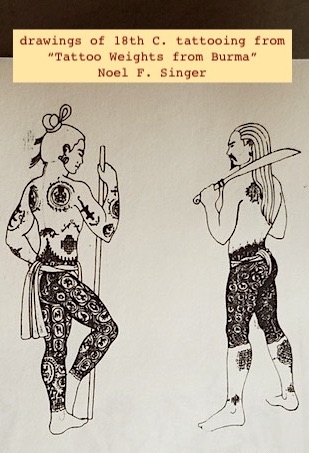
7. Myaing PDF from Magway Region juxtaposes assault rifles with thanaka wood & grinding stone. Thanaka wood (produced in Magway & elsewhere) is ground into a powder which is traditionally used in Burma (Myanmar) as a cosmetic & sunscreen. Currently considered a freedom symbol. 



8. PDFs use a variety of bird symbols incl. peacocks, eagles & owls. Water birds such as duck, heron, swan are relevant to current resistance which includes river warfare. Hornbills are a symbol of Chin & Zomi people from Chin State, incl. Chinland Defense Force. 

9. Tigers are used as power symbols by several PDFs. Tigers have also long been a symbol for Ethnic Armed Organizations, especially in Shan State. Actual tigers only estimated 50-100 in Myanmar (Burma.) They are endangered due to habitat loss & cross border wildlife trade. 



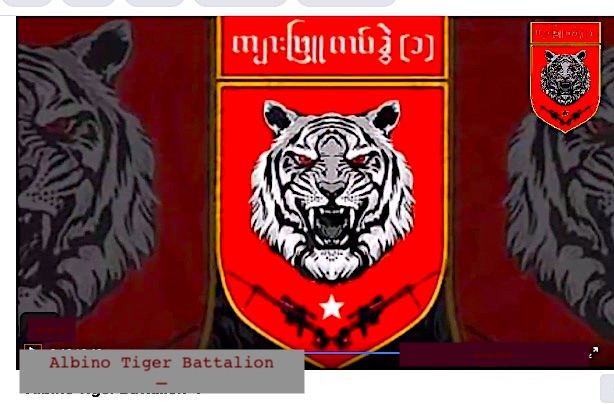
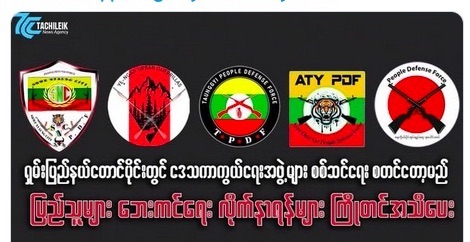
10. While modern weapons feature in many PDF insignia, traditional hunting rifles like handmade tumee as well as powder horns, swords & spears are used in PDF & CDF insignia from Chin State, Sagaing & elsewhere. These were original weapons of uprising against Myanmar coup regime. 
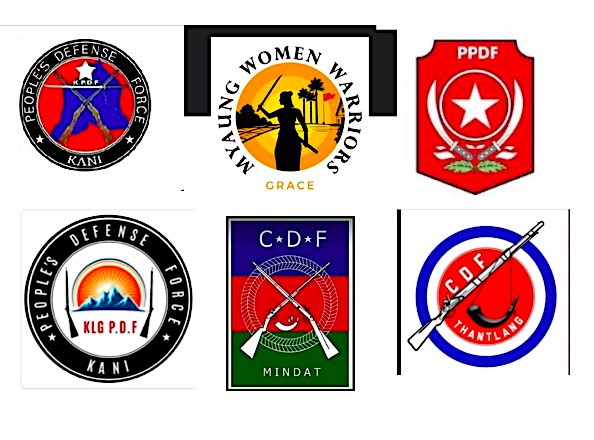
11. PDF medics provide emergency care to civilians as well as resistance fighters. To donate funds for medical supplies contact @BeastBurmese. 🌿
My previous Burma (Myanmar) History Threads and reports are at projectmaje.org 🌄
My previous Burma (Myanmar) History Threads and reports are at projectmaje.org 🌄
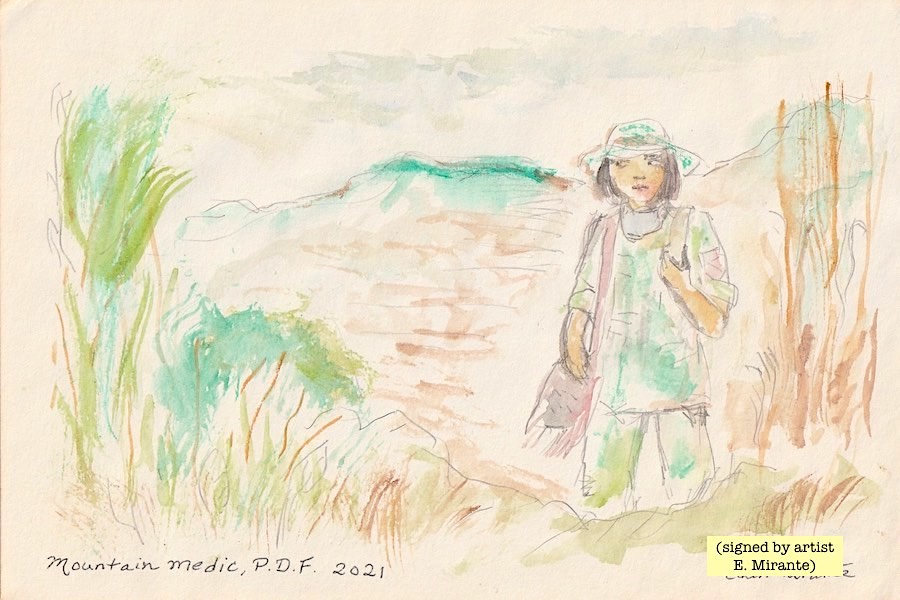
• • •
Missing some Tweet in this thread? You can try to
force a refresh






